
Stolen is a 2009 Australian documentary film that uncovers slavery in the Sahrawi refugee camps controlled by the Polisario Front located in Algeria and in the disputed territory of Western Sahara controlled by Morocco, written and directed by Violeta Ayala and Dan Fallshaw. It had its world premiere at the 2009 Sydney Film Festival,[1] where a controversy started after one of the participants in the documentary, Fetim, a black Sahrawi, was flown to Australia by the Polisario Liberation Front to say she wasn’t a slave.
You May Also Like

Swept up in the counterculture revolution of the late-1960s, a wealthy businessman starts a commune in pursuit of a utopian society. But his dreams are thwarted when he and his chosen family are faced with a series of tragedies that threaten their existence.
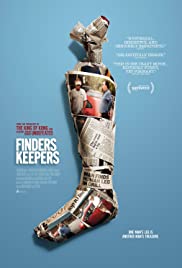
In this documentary, recovering addict and amputee John Wood finds himself in a stranger-than-fiction battle to reclaim his mummified leg from Southern entrepreneur Shannon Whisnant, who found it in a grill he bought at an auction and believes it therefore to be his rightful property.
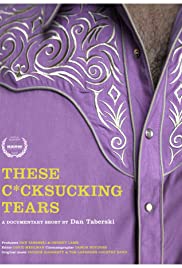
Patrick Haggerty, the gritty, fearless voice behind the world’s first and only gay-themed country music album, 40 years after its release.

The story of an Afro-Cuban group who kept alive songs and dances their ancestor had brought aboard the slave ship from Africa. They were so specific that around 200 years later, a village of Africans watched them, joined in singing, and said simply, joyously: “They Are We”. This film tells the story of how they found each other and how they work to be able to reunite.
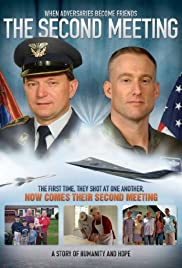
An American stealth-bomber pilot shot down over Serbia meets his enemy a dozen years later, in peace, and in friendship.

For centuries, Inuit in the Arctic have lived on and around the frozen ocean. Now, as climate change is rapidly melting the sea ice between Canada and Greenland, the outside world sees unprecedented opportunity. Oil and gas deposits, faster shipping routes, tourism, and fishing all provide financial incentive to exploit the newly opened waters. But for more than 100,000 Inuit, an entire way of life is at stake. Development here threatens to upset the delicate balance between their communities, land, and wildlife. Divided by aggressive colonization and decades of hardship, Inuit in Canada and Greenland are once again coming together, fighting to protect what will remain of their world. The question is, will the world listen?

Barry O’Kelly shows how easy it is for someone to call themselves a psychologist in Ireland today.

The 1980 eruption of Mount St. Helens was the deadliest in U.S. history. Survivor testimonies and rare images reveal the cataclysms it unleashed.
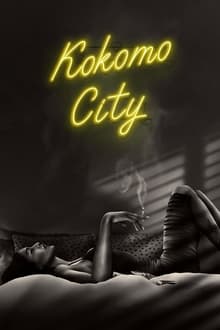
Directed by two-time Grammy nominee D. Smith, KOKOMO CITY takes up a seemingly simple mantle — to present the stories of four Black transgender sex workers in New York and Georgia. Shot in striking black and white, the boldness of the facts of these women’s lives and the earthquaking frankness they share complicate this enterprise, colliding the everyday with cutting social commentary and the excavation of long-dormant truths. Accessible for any audience, unfiltered, unabashed, and unapologetic, Smith and her subjects smash the trendy standard for authenticity, offering a refreshing rawness and vulnerability unconcerned with purity and politeness.
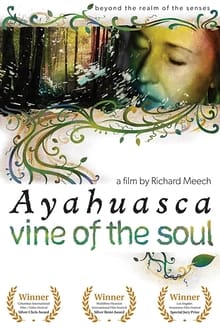
On a quest for emotional healing and spiritual awakening, a naturopathic doctor and an accountant join others in the Peruvian Amazon to drink a psychedelic brew called ayahuasca.
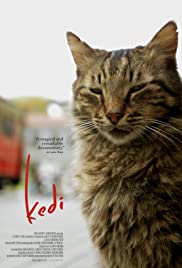
A profile of an ancient city and its unique people, seen through the eyes of the most mysterious and beloved animal humans have ever known, the Cat.

Two surfers seek refuge in the vastness of the ocean, away from the deafening clamour of humankind. Unchained and dangerously close to freedom.